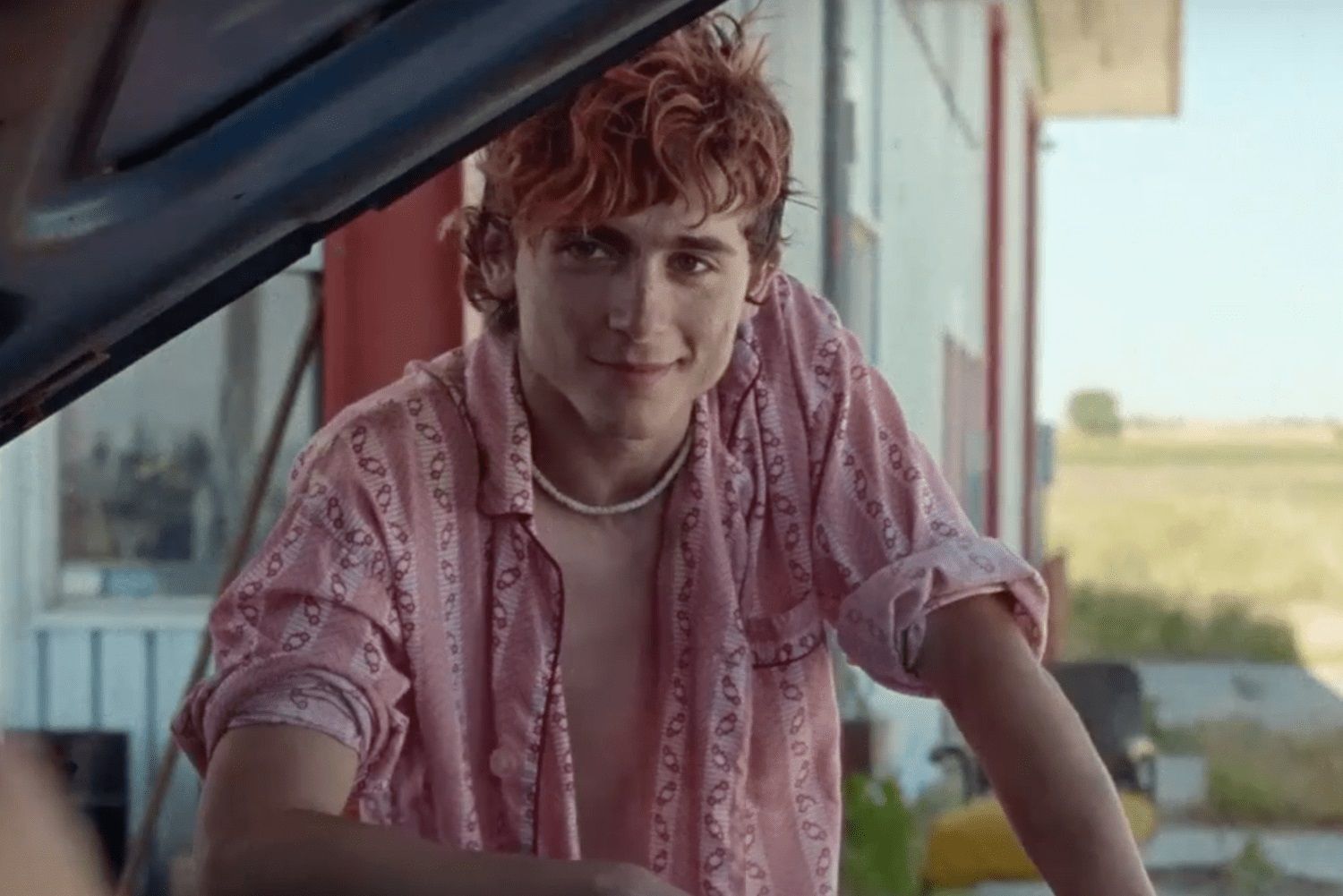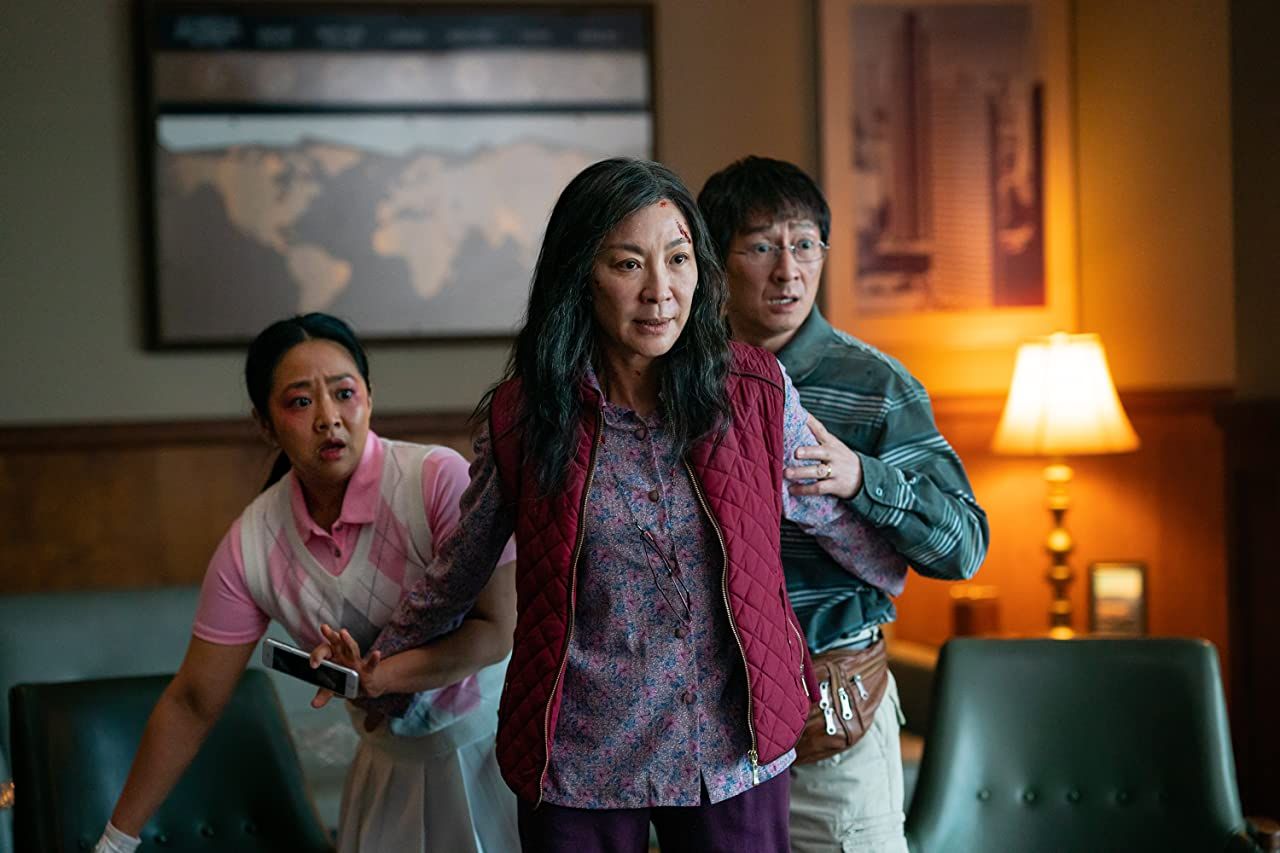Romance movies are a foundational genre of the movie business. Dating back even further, since humans first began telling stories, love stories have been at the centre. But this trend, that has lasted from Ancient Greek poetry to Shakespeare to the Golden Age of Hollywood, has died out recently. The most romantic movies this year aren’t romances at all. I’m not so naive as to misunderstand that the movie business has always been a business first, but there used to be a sense that if you had a good picture with the right stars, people would go see it. Nowadays far too much is driven by demographics, divided up on gender lines, and made to fit imaginary algorithms. A real romance, like La La Land, occasionally makes it through – but mostly romance movies are warmed over tropes with B-listers churned out for streaming platforms with safe, predictable scripts aimed at audiences looking for inoffensive distractions.
They’re not made for lovers anymore, but for women, and Hollywood has decided what women want is cosiness and a happy ending, so these romance movies conspire to provide them in the tritest way possible. This year’s romantic misfires include Purple Hearts, Falling for Christmas, and The Valet. Thankfully, the spirit of romance is still alive – you just have to be prepared to look for it. Decision to Leave is a Hitchcockian crime thriller, Bones And All is a horror drama, and Everything Everywhere all at Once is… well, you figure that one out. While all three to some extent purport themselves to be romantic, none are traditional romances, and yet they sear with tragic chemistry all the same. The closest to a regular romance is Bones And All, and that has the considerable complication of centring around two cannibals.
In Bones And All, we see a metaphor for queerness. The need to eat is an addiction, others like you can smell it on you, and it’s only tragic if you entangle someone with a life larger than themselves outside of this. Maren even has her awakening at an all-girls sleepover, lying inches away from her pretty friend. The movie does not shy away from the fact both Maren and Lee are cannibals – it’s not a puzzle to figure out, nor a twist to recontextualise their relationship. They’re simply two kids in love, and the heartbreak and tenderness that plays out on screen never feels less because Lee has the gristle of an earlobe stuck in his teeth.
Decision to Leave, meanwhile, is the most ‘classic’ romance here. Hitchcockian is overused as an adjective, but from the sharp characterisation, the traditional framing, the simple relationships made complex by the reality of humans, Decision to Leave perfectly channels the master of suspense. It involves a detective and a woman whose husband mysteriously died. Perhaps by accident, perhaps by her hand, or perhaps by someone else’s. The case (and subsequent ones) is what the movie is ‘about’. That is the film’s ‘story’. But what truly matters, underneath it all, is the connection the pair forge with each other. It knows the most romantic connection is not a kiss nor a hug, but the soft and forbidden graze of a fingertip on the back of your hand when no one is watching.
Everything Everywhere is by far the most popular of this trio, and while it is mainly being talked about as part of the multiverse trend dominating popular media, it can hopefully help bring back intelligent romance. It revolves around a divorce filing, which does not seem like the most romantic moment in a life, but it spurs on a deep well of memory and connection, expanded endlessly as the characters explore alternate versions of themselves. “In another life, I would have really liked just doing laundry and taxes with you,” is one of the few moments in 2022 cinema to move me to tears, and it’s because of how mundane it is. The most successful versions of these characters ache for the familiarity of each other, and it’s all the more heartbreaking that in the reality where they know it intimately, they have forgotten how much they yearn for it.
It’s wonderful that we have these movies pushing the boundaries, but it does make me lament the lack of a Sabrina, a The Apartment, a How to Marry a Millionaire these days. At the turn of the 21st century, romcoms were a huge hit, and so romance was not allowed to exist if it was not funny. But then the demographic thinning took over – the romance was for the women, and the humour was for the men, so the comedy had to be crude, vulgar, and lewd, until they just became comedies. Then, of course, comedies ceased to be profitable as they became tired versions of themselves, and so they were scrapped too.
Some movies are still moving in traditional spaces. The Lost City feels like an early ‘00s romcom, still heavily trope reliant but more authentic in its story and less desperate in its demographic appeal. Where The Crawdads Sing, while glib, overlong, and partially reliant on courtroom drama, is a more traditional romance and has been moderately successful. But nothing has quite grabbed at my heart the way a great romance should like the three movies that aren’t romances at all.
Maybe it’s a sign that movies are changing, that the ‘20s is a genreless time of creativity beneath the superhero slop that dominates box offices. Maybe the red text, white poster, SNL cast Judd Apatow fart joke era is far enough in the past that romance is back in fashion. Maybe I just want Timothee Chalamet to bite me. Whatever it is, the beating heart of romance is pumping again, and it’s dark and bloody and electric, but I have fallen in love all the same.
Source: Read Full Article

